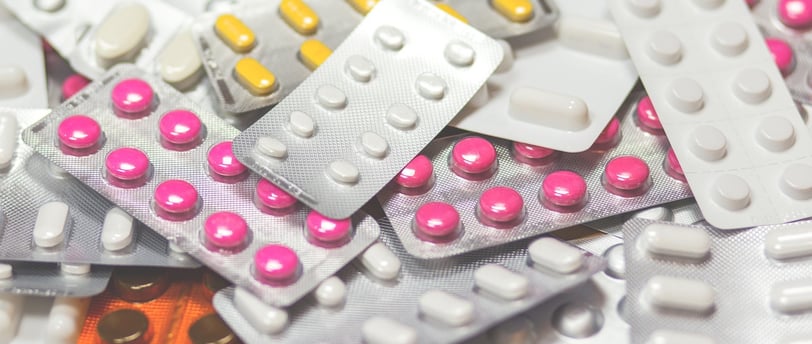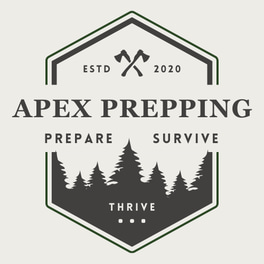Preserving medications
Must have meds


Preserving medications and having a plan in case of emergencies is crucial for managing your health. Here are some steps to consider:
Consult Your Doctor: Start by discussing your medication needs with your healthcare provider. They can help you create a plan for emergencies, such as natural disasters, supply shortages, or travel disruptions.
Maintain a Current Medication List: Keep an up-to-date list of all your medications, including their names, dosages, and instructions. Make sure to include any over-the-counter medications or supplements you're taking.
Regular Refills: If possible, request refills from your pharmacy before you run out of medication. Some pharmacies offer automatic refills or mail-order services that can help ensure you have an adequate supply.
Emergency Prescription: Ask your doctor for an emergency prescription or a larger supply of medication. They may be able to provide you with an extra month's worth in case of unforeseen circumstances.
Check Expiry Dates: Regularly inspect your medications to ensure they are not expired. Expired medications may not be as effective and could be harmful in some cases.
Storage: Store your medications in a cool, dry place, away from direct sunlight and moisture. Some medications may require refrigeration, so be sure to follow the storage instructions provided with your prescription.
Travel Considerations: If you plan to travel, especially internationally, research the regulations regarding medication importation for your destination. Carry your medications in their original containers with your prescription label to avoid any issues with customs.
Create a Medication Kit: As part of your emergency preparedness kit, include a small supply of essential medications, along with a copy of your medication list and any relevant medical records. This can be invaluable during disasters or unexpected events.
Stay Informed: Keep an eye on the news and weather updates. If you know a natural disaster or supply disruption is imminent, take proactive steps to secure your medication supply.
Community Resources: Explore local resources or programs that may assist with medication access during emergencies. Some areas have disaster relief programs or organizations that can provide medications to those in need.
Regular Medication Reviews: Schedule regular check-ins with your doctor to assess your medication needs. They can help you adjust your treatment plan if necessary and ensure you are on the right track for managing your health.
By following these steps and maintaining open communication with your healthcare provider, you can help ensure that you have a reliable supply of medications and a plan in place for emergencies.
